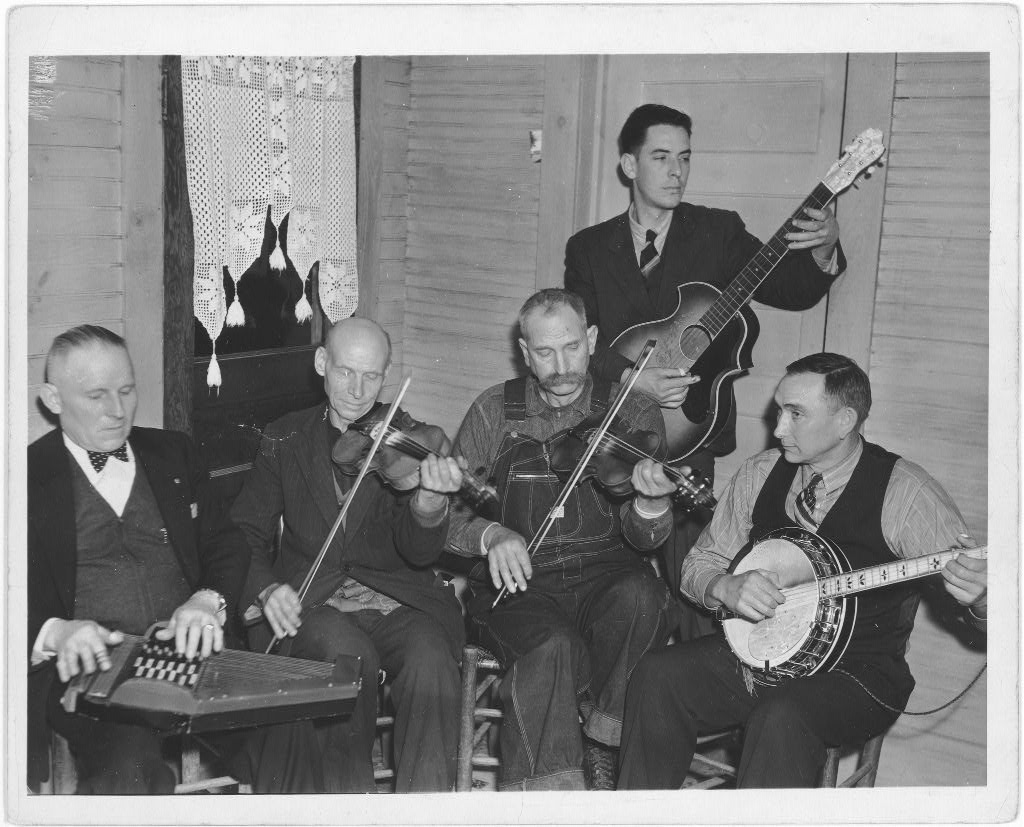One of the more entertaining ways to talk about Appalachia is by describing mundane things that surprise people.
A significant number of people, for example, do not realize that Ohio and West Virginia share a border. They also don’t realize Ohio and Pennsylvania share a border (though that is less common).
Light pollution, too, throws them for a loop. On a clear night back in Ohio, I could occasionally see the Milky Way, or at least dozens of stars. One doesn’t need to traverse a desert in the American West to be overwhelmed by the expanse and transcendence of space, but the polluted suburban and urban areas obscure this little truth.
Thinking on a county level, too, is another common trip-up. Counties are not yet consigned to the political dustbin, but counties as a place to identify by, and not a city or town, is becoming dated as the suburbs pull more people into their sprawling settlements. Yet, at least in certain parts of Appalachia, someone saying they’re from their home county, rather than a town, is still common.
For that matter, the Appalachian Regional Commission has failed in teaching the public that a good chunk of Ohio lies in Appalachia.
In the popular imagination, it’s wholly Midwestern (aside from some bad definitions that pretend Ohio isn’t in the Midwest). Not all of the Buckeye State is flatlands and corn, though. Much of it is hills, trees, and towns that popped up from the river trade or industrialization. One way to find the dividing line between Midwest Ohio and Appalachia Ohio is to follow the sweet tea. If it’s easy to get sweet tea at a restaurant, it’s still Appalachia. When it isn’t, welcome to the Midwest.
The regional line is a bit difficult to place because borders are always amorphous, but also because “Appalachia” isn’t necessarily well-defined by Appalachians themselves. Not until the end of my high school experience did I learn what “Appalachia” meant, for example, or that I grew up in the region.
Some of this lack of definition is the result of a country whose culture is nationalizing.

Local and regional identities are declining. That can be seen in the disappearance of local accents, in local newspapers failing as national newspapers grow, and as political campaigns at all levels focus on national issues. The rise of pop culture meant that families and friends stopped entertaining one another with their own talents. Instead, they used a record or the radio.
Local and state politicians, too, have found it easier to tie their brand to national issues. It’s slow and boring to explain what you’ll do as a state representative to improve health care or the schools. What grabs headlines—and brings in donations—is being a staunch opponent of abortion or pushing for student debt forgiveness. Democrats and Republicans take this approach (often making their campaign managers and consultants rich, but doing little about whatever national issue they chose).
That political approach exposes the downside of a nationalizing culture. Even though the country is more “national,” Americans don’t understand other parts of their country. There’s a growing incuriosity about other Americans. Sometimes, other parts of the country are seen as bigots or fools due to politics. Other times, states are seen as “boring” with no culture or history worth knowing. “Flyover country” isn’t only the Midwest anymore—it’s all parts of America beyond where someone already is or has been.
It’s not clear, exactly, what the benefits of this growing nationalization of culture actually are. It’s not a better understanding of Americans living 2,000 miles apart. Nor does it seem like it’s making people more tolerant. National division is more common than national unity as local/regional identity disappears.
It seems to me that this is due, partially, to a lack of movement. Social media is another part of the equation. Americans move less than they did a few decades ago, but thanks to the internet, they’re better-connected. In an ideal world, being more connected would show the range and diversity of the country. That hasn’t happened. What has happened, instead, is that people respond most to things that make them angry. The content they see looks to feed off that anger. When people from different places argue with each other, and have no pressure to treat the other person as a complicated human being, that anger extends to hating wherever the person comes from.
If local and regional cultures were stronger, perhaps this anger and disconnect could be countered by stories about the melting pot of America.
That hasn’t happened, either. Instead, media consumption has gone up, but news and entertainment is more national and less local. A dozen national stories are read by many people everywhere, rather than 100 regional stories read by some people in different areas. It’s caused a sort of numbing sameness. Are people in Appalachia better off when they’re angry about something that happened in Florida? Are New Yorkers better for getting worked up over something in Nebraska?
On occasion, maybe they are. But often, it means they lose time that could have been spent doing something edifying in their neighborhood.
America is better for its people knowing about where they are and how it stands out from other parts of the country. Sure, stereotypes will emerge when the country is less national and more local, but a national culture has been pretty good at creating stereotypes too. It may be impossible to become a regional country again, but finding ways to make America a less-national one could bring some cultural and economic benefits. If nothing else, it could give people some stories that make their mundane hometowns seem more exotic.
Subscribe to The Patch, our newsletter, to stay up-to-date with new expatalachians articles and news from around Appalachia.
Anthony Hennen is managing editor of expatalachians and executive editor of Philadelphia Weekly.


